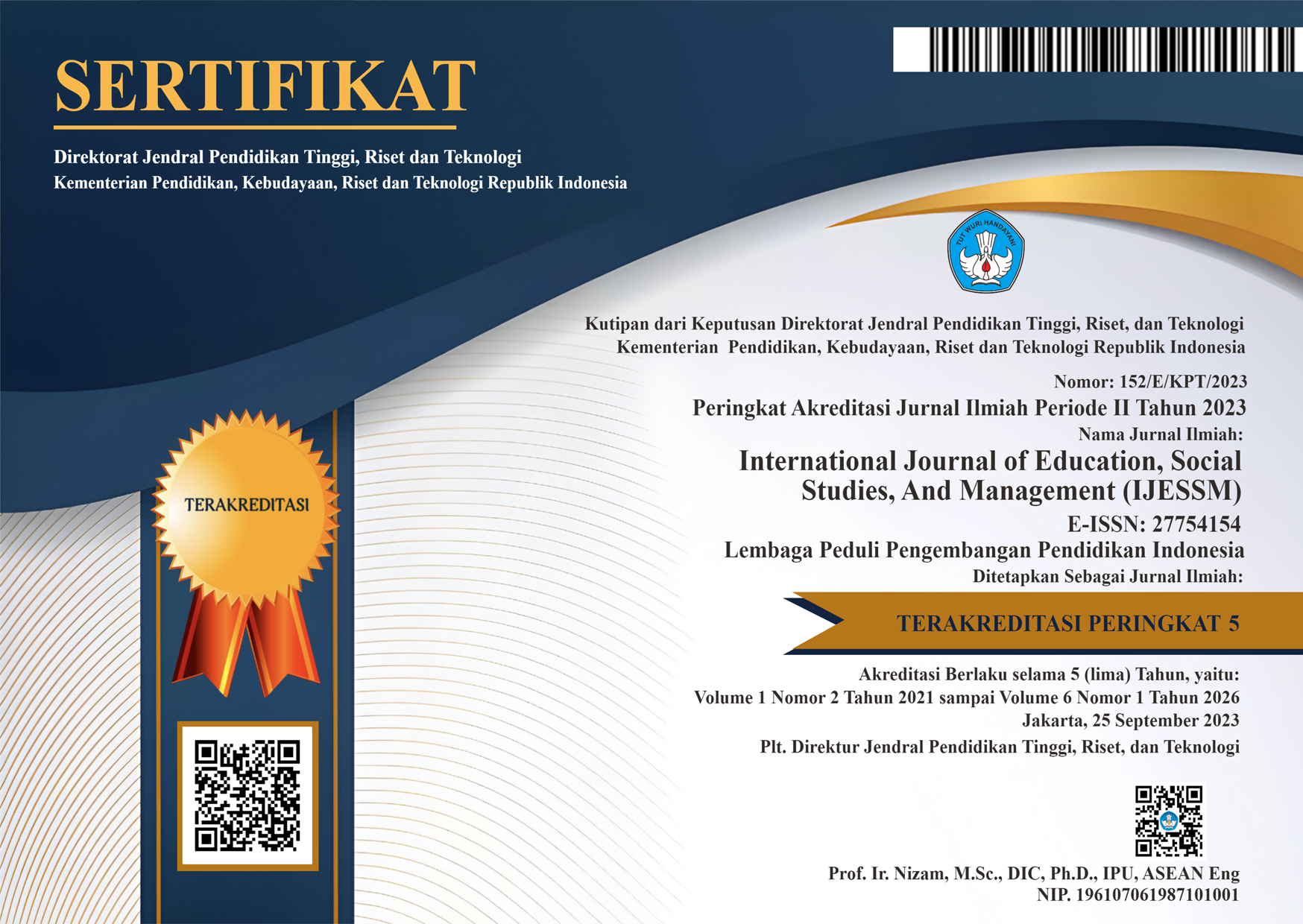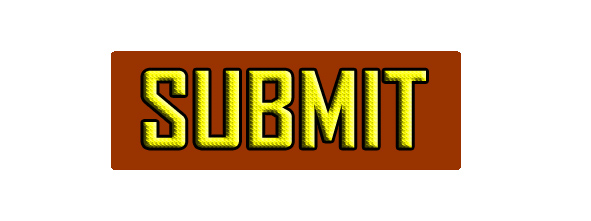Analysis and Development of Teaching Materials in the Islamic Education Curriculum at the Darul Iman Islamic Boarding School, Southeast Aceh Regency
DOI:
https://doi.org/10.52121/ijessm.v5i3.858Keywords:
Islamic Education, Development of Teaching Materials, Islamic Boarding School CurriculumAbstract
This study aims to analyze and develop teaching materials in the Islamic Education curriculum at the Darul Iman Islamic Boarding School in Southeast Aceh Regency. This study uses a descriptive qualitative approach with data collection techniques through in-depth interviews with boarding school leaders and PAI teachers, direct observation of the learning process, and review of curriculum documents and teaching materials. The results of the study indicate that IRE teaching materials are integrated between the national curriculum and the boarding school's unique curriculum, covering subjects such as aqidah, fiqh, akhlak, and the study of classical Islamic texts as a distinctive feature of boarding school education. However, most teaching materials are still taught traditionally without systematic modules or textbooks, leading to challenges in the consistency and integration of content. Some of the obstacles identified include limitations in teachers' competence in designing innovative teaching materials, a lack of training in teaching material development, a lack of engaging learning media, and budget constraints. To address these obstacles, pesantren have implemented development strategies such as regular evaluations through teacher meetings, enriching materials with contextual examples, utilizing digital media, and encouraging teachers to participate in training on modern teaching material development. Collaboration with external parties, such as academics and Islamic education practitioners, is also emphasized to produce innovative teaching materials while maintaining the pesantren's unique characteristics. This study concludes that the development of PAI teaching materials should be directed toward balancing the deepening of religious knowledge and the integration of general knowledge through an interactive, adaptive, and contemporary approach.
Downloads
Published
How to Cite
Issue
Section
License
Copyright (c) 2025 Juhri Ash Shiddiqy, Win Arajasa

This work is licensed under a Creative Commons Attribution 4.0 International License.

















